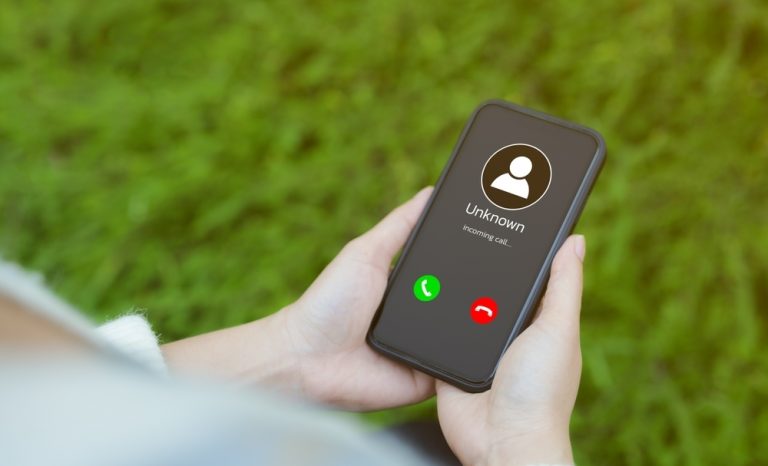A hiker lost on Mount Elbert in Colorado for 24 hours unintentionally hindered his own rescue mission by ignoring repeated calls from rescuers because he didn’t recognize the number. The hiker, who has not been identified, was reported missing after failing to return from a hike on October 18. He started his hike at 9 AM, and when he didn’t return by 8 PM, a search was initiated. The search teams scoured the area but were unable to locate him as he had wandered off the trail and spent the night trying to find it again.
Despite multiple attempts to contact him via his cell phone, the hiker did not answer any calls. In a statement posted on Facebook, Lake County Search and Rescue explained that the hiker had lost the trail at nightfall and spent the night searching for the correct path, eventually finding his way back to his car the next morning, unaware that a search team was looking for him. The rescue team emphasized that if hikers are overdue according to their itinerary and start receiving repeated calls from unknown numbers, they should answer, as it might be rescuers trying to confirm their safety.

The hiker faced criticism for not answering the calls, but Lake County Search and Rescue defended him, stating that common sense in hindsight is not obvious when someone is lost and panicking. They stressed the importance of keeping comments respectful and understanding that not everyone may be aware of search and rescue (SAR) protocols.
The incident also served as a reminder to hikers about the conditions on Mount Elbert, especially with trails above the treeline being obscured by snow from fall through late June. The rescue team advised hikers not to rely on their ascent tracks to descend, as wind often covers them.
This case highlights the critical importance of answering unknown calls during emergencies and being aware of SAR infrastructure and protocols to ensure safety in the wilderness.




